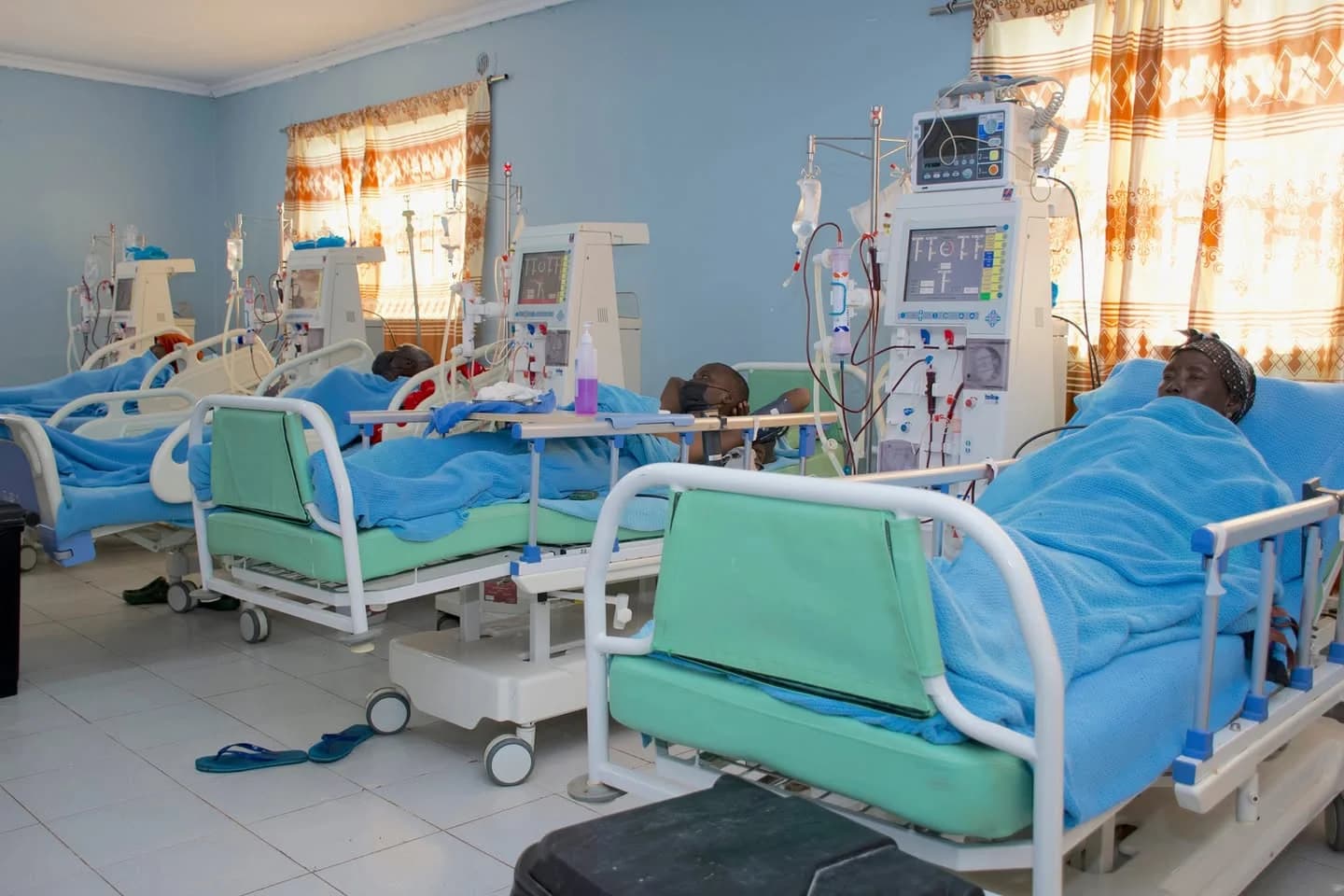We're loading the full news article for you. This includes the article content, images, author information, and related articles.
A deepening crisis in Marsabit County has left public health facilities deserted and residents without care, as clinical officers enter their fourth week of industrial action over three months of unpaid wages and broken government promises.

Public healthcare services across Marsabit County have ground to a halt as clinical officers continue their strike, which entered its fourth week on Friday, 24 October 2025, EAT. The medics, represented by the Kenya Union of Clinical Officers (KUCO), are protesting three months of unpaid salaries, a lack of medical cover, and the county government's failure to remit statutory deductions for over 20 months.
The industrial action has led to the closure of most public health facilities, including dispensaries and hospitals, forcing residents in the vast, arid county to travel long distances for basic medical treatment. At Marsabit Referral Hospital, wards that are typically busy are now eerily quiet, with only minimal emergency services reportedly being handled by volunteers. The strike has paralysed the local health system, leaving thousands of vulnerable residents without access to essential care.
According to KUCO officials, the strike is a last resort following repeated failures by the County Government of Marsabit, led by Governor Mohamud Ali, to honour its commitments. The union's Marsabit Branch Chairperson, Abdishukri Adan, stated on Thursday, 23 October 2025, that the medics had previously suspended a similar strike after signing a return-to-work formula which the county government did not honour.
KUCO Marsabit Chapter Secretary, Daki Duba, elaborated that two separate agreements had been signed in bad faith by the county administration—one in July 2024 and another in April 2025. Duba asserted that the union has lost trust in the county's leadership and will not sign another agreement until all their demands are met in full. The union's demands include not only the payment of all outstanding salaries but also the implementation of career progression guidelines, promotions, and re-designations as previously agreed.
The financial hardship faced by the clinical officers has been severe. Many have been forced to take on debt to cover basic needs for their families. The personal toll of the crisis was highlighted by KUCO Marsabit Treasurer, Shukri Ibrahim, who shared the story of a colleague battling stage four cancer at Garissa County Referral Hospital. The ailing officer has not been paid since August, has no medical insurance, and is relying on financial contributions from colleagues to fund his treatment. Another clinical officer in Laisamis Sub-County is reportedly struggling with tuberculosis and is unable to afford medication due to the salary delays.
“It is painful that those who dedicate their lives to treating others are now victims of a system that has failed them,” Ibrahim stated. The union is now making a direct appeal to Governor Mohamud Ali to personally intervene and resolve the impasse to prevent a total collapse of the county's healthcare system.
The situation in Marsabit is reflective of a wider issue of delayed salary payments and labour disputes within Kenya's devolved county governments. In recent years, several counties have faced industrial action from healthcare workers over similar grievances related to compensation and working conditions. These recurring disputes underscore the ongoing challenges in the management of human resources and finances within the devolved health sector, frequently leaving Kenyan citizens caught in the middle and unable to access critical public services.
Keep the conversation in one place—threads here stay linked to the story and in the forums.
Other hot threads
E-sports and Gaming Community in Kenya
Active 8 months ago
The Role of Technology in Modern Agriculture (AgriTech)
Active 8 months ago
Popular Recreational Activities Across Counties
Active 8 months ago
Investing in Youth Sports Development Programs
Active 8 months ago